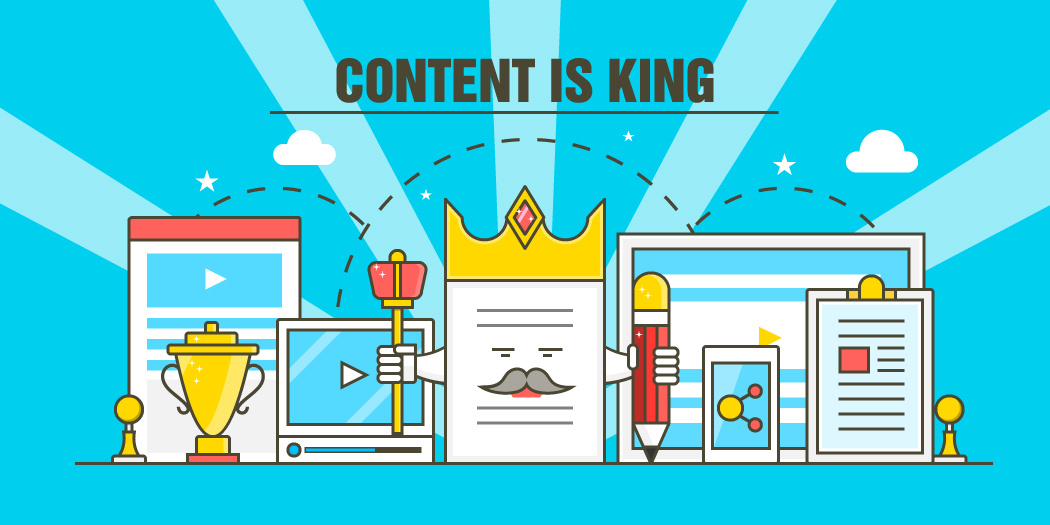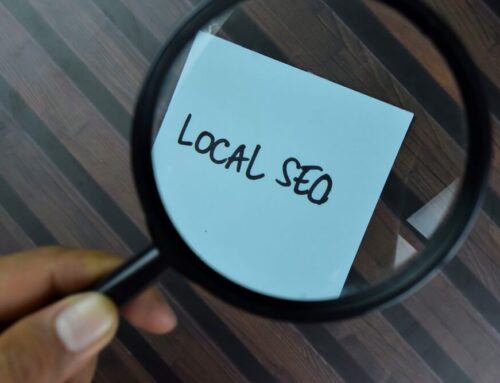You’ve finally taken the leap into entrepreneurship and have just opened your first business. After developing an awesome website, passing out flyers, and having your logo printed on mugs, the customers are supposed to be arriving in droves, right? Or maybe you’ve been in business for a while, but aren’t receiving the customer response you used to. Not so fast.
Have you considered your website ranking in Google?
Your online presence can make a huge difference in your customer traffic. Investing time and energy in managing and increasing it can be worthwhile for your bottom line.
As one of the most cost-effective marketing strategies, taking the time to understand your website rankings can provide valuable insight into your customer base and increase your brand’s visibility. Website rankings, also known as SEO or search engine optimization, can make or break a business in this digital era. It is in your best interest to understand how it works and how to get in the game. We’ve provided some helpful tips on how to improve website ranking and ensure your customers “see” you.
Content Is King
Having compelling, interesting, and engaging content on your website is critical to capturing not only your customer’s attention but will improve your website ranking in Google as well. Taking the time to know what keywords your target audience may use in an online search or phrases that may be used to describe your business, will help in developing appropriate localized content for your website that captures attention.
Writing the content for the user should be the end goal in creating successful website pages. Also, pay close attention to your headings and any technical content you may have. Include variations of your target keywords throughout the page. If you’ve included links, make sure they are working and not broken. Your content length should match the average length of pages with good content. Make sure to update the website content regularly, as this keeps your website and business relevant. Keep it fresh!
It’s all in the Data
Specifically, metadata refers to descriptions about the content of your website pages. When refreshing and revising your website, metadata should not be overlooked. It is the key to effectively managing the content of your website and can be either simple or complex, depending on how you use it. Metadata helps your customers find you on the internet and allows you to manage the content easier.
There are three types of metadata in website development:
- Title metadata refers to page titles listed at the top of the browser and is listed as the headline in search engine results.
- Description metadata is a brief overview of what is included in the page content. This is crucial since it is an invite for customers to look into your website.
- Keyword metadata is less used but it is good to have your business keywords and phrases identified and added.
Don’t Be Afraid to Tag it
Alt tags, also known as alternative text descriptions, work wonders for images and video on your website. They are generally used to describe the image or video on your page and are best when kept between 5 and 15 words total. Alt tags are helpful for many reasons. If the image does not load or if an individual is using an assisted device to access the site, your current and potential customers still have access to your site. Basically, keep alt tags short and sweet!
Lastly, when creating relevant links on your website, make sure to write the name of the link rather than “click here”. Including the name increases your site’s visibility. When in doubt, remember that it is always a good idea to use keywords when you have an opportunity. Well, that was simple enough! If you have questions or would like to take your website to the next level, feel free to reach out to us and we’ll take it from there. Visit our website to learn more about improving website ranking in Google!










